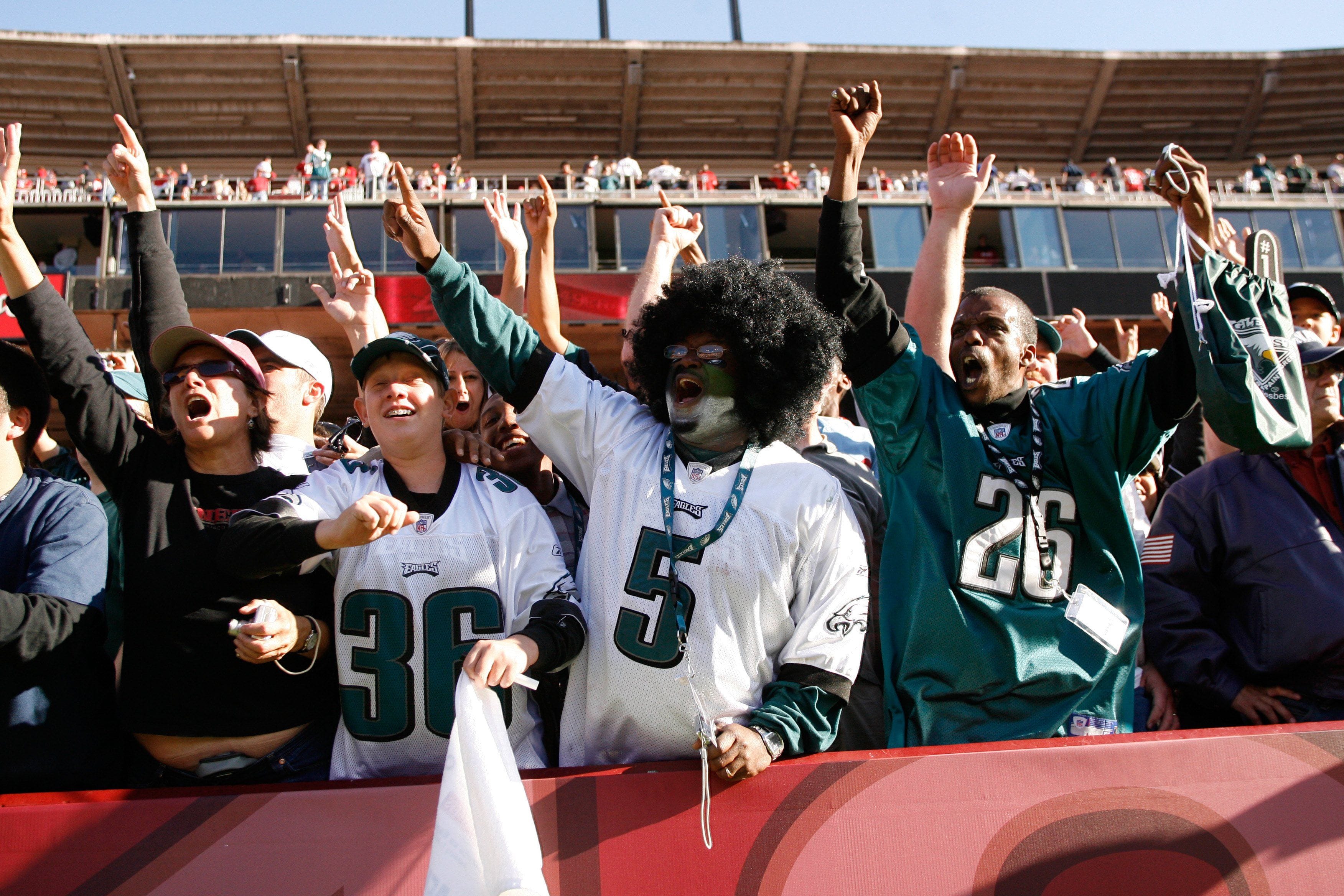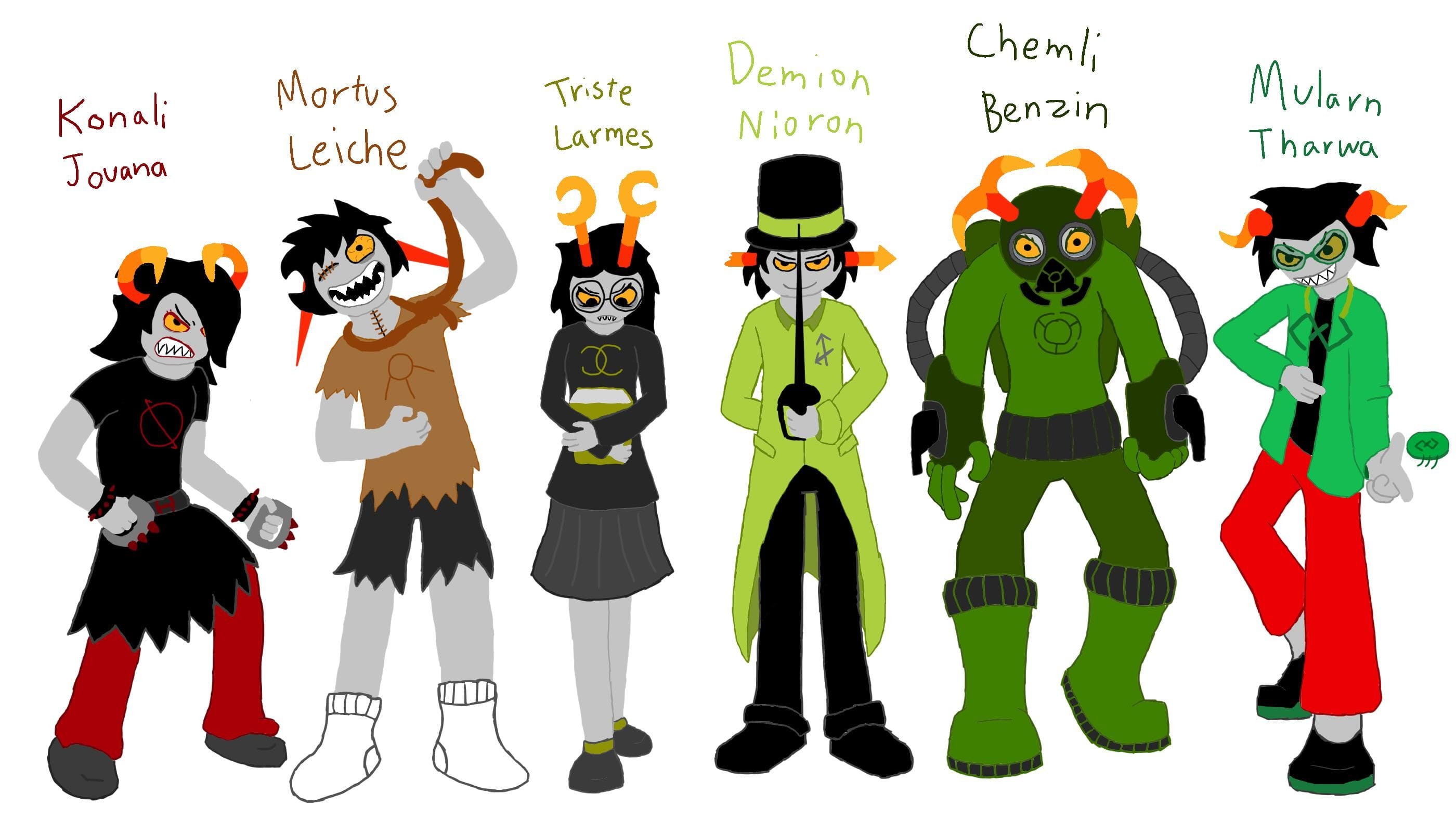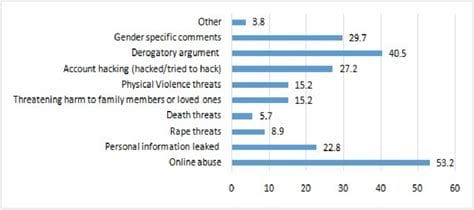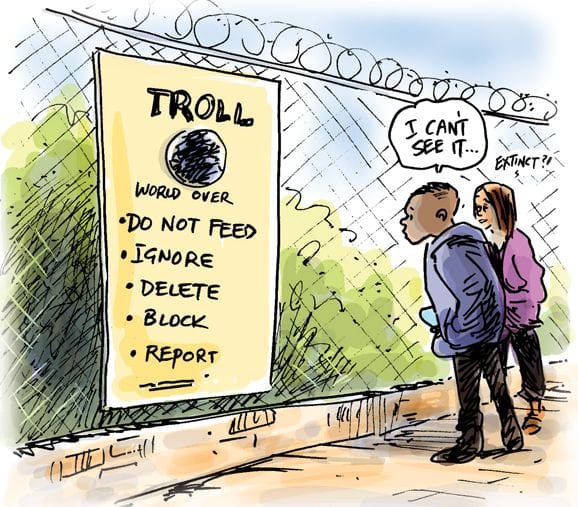
Sports fans are known for their passion and dedication to their favorite teams and players. However, this passion can sometimes manifest as vocal negativity, which can be hurtful and damaging to the players and other fans. As the world of sports continues to grow and evolve, it's essential to address the issue of trolling in sports and find ways to promote a positive and respectful fan culture.
The Impact of Trolling on Sports Fans

Trolling can have severe consequences for sports fans, particularly those who are subjected to verbal abuse and harassment. The constant barrage of negative comments can lead to feelings of anxiety, depression, and low self-esteem. Moreover, trolling can create a toxic environment that discourages fans from attending games or participating in online forums. This can ultimately damage the reputation of the team and the sport as a whole.
Types of Trolling in Sports
There are several types of trolling that can occur in sports, including:
Personal attacks: Fans may direct personal attacks at players, coaches, or other fans, often using derogatory language or making hurtful comments. Racist and sexist comments: Fans may make racist or sexist comments, which can be particularly damaging and create a hostile environment. Spamming: Fans may spam online forums or social media platforms with irrelevant or annoying comments, which can be frustrating for other fans. Trolling players: Fans may troll players directly, often using social media or online forums to make negative comments about their performance.
Why Do Fans Troll?

There are several reasons why fans might engage in trolling behavior, including:
Frustration: Fans may become frustrated with their team's performance or a particular player's mistakes, leading them to lash out online. Anonymity: The internet can provide a sense of anonymity, which can embolden fans to make comments they might not make in person. Sense of community: Fans may feel like they're part of a community when they troll, as they're often interacting with other fans who share similar views. Lack of accountability: Fans may feel like they can say whatever they want online without facing consequences.
Consequences of Trolling for Sports Teams

Trolling can have severe consequences for sports teams, including:
Damage to reputation: Trolling can create a negative perception of the team and its fans, which can damage the team's reputation and deter potential fans. Loss of sponsors: Trolling can lead to a loss of sponsors, as companies may not want to be associated with a team that has a toxic fan culture. Decreased attendance: Trolling can create a hostile environment that discourages fans from attending games. Negative impact on player performance: Trolling can affect player performance, as players may become distracted or discouraged by negative comments.
Strategies for Dealing with Trolling

There are several strategies that can be used to deal with trolling, including:
Blocking and reporting: Fans can block and report trolls to prevent them from continuing to make negative comments. Ignoring trolls: Fans can ignore trolls, as responding to them can often escalate the situation. Promoting positive fan culture: Teams and fans can promote a positive fan culture by encouraging respectful behavior and discouraging trolling. Providing education and awareness: Teams and fans can provide education and awareness about the impact of trolling and the importance of respectful behavior.
Creating a Positive Fan Culture

Creating a positive fan culture is essential for promoting a respectful and enjoyable experience for all fans. This can be achieved by:
Encouraging respectful behavior: Teams and fans can encourage respectful behavior by promoting positive values and discouraging trolling. Providing a positive and inclusive environment: Teams and fans can provide a positive and inclusive environment by promoting diversity and inclusion. Offering education and awareness: Teams and fans can offer education and awareness about the impact of trolling and the importance of respectful behavior. Recognizing and rewarding positive behavior: Teams and fans can recognize and reward positive behavior by acknowledging and thanking fans who exhibit respectful behavior.
Final Thoughts
Trolling is a significant issue in sports that can have severe consequences for fans, players, and teams. By understanding the reasons behind trolling and implementing strategies to deal with it, we can create a more positive and respectful fan culture. As fans, we have the power to promote a culture of respect and inclusivity, and it's essential that we take this responsibility seriously. By working together, we can create a more enjoyable and positive experience for all fans.
FAQs
What is trolling in sports?
+Trolling in sports refers to the act of making negative or harassing comments about a team, player, or other fan.
Why do fans troll?
+Fans may troll due to frustration, anonymity, sense of community, or lack of accountability.
What are the consequences of trolling for sports teams?
+Trolling can damage a team's reputation, lead to a loss of sponsors, decrease attendance, and negatively impact player performance.